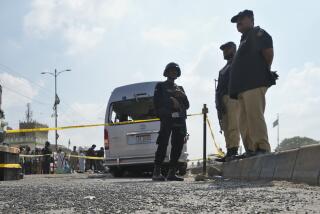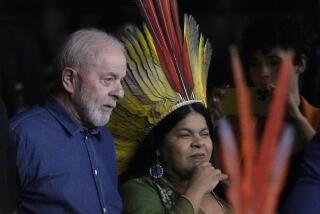The ‘professor’ Rebelo de Sousa becomes new president of Portugal
Veteran conservative politician and TV political analyst Marcelo Rebelo de Sousa is the new president of Portugal after his first round victory in the presidential elections.
The ‘professor’, as he is popularly known, won the elections on Sunday without the need for a second round. He garnered more than 50 percent of the votes, as the polls have previously predicted.
“We need to correct the injustices as the crisis worsens. It’s time to redo Portugal,” said Rebelo de Sousa in his first speech as presidentelect.
At the Faculty of Law of the University of Lisbon, where he studied and teaches law, the conservative candidate stressed that he hopes to be the “president of all Portuguese” and that he is convinced that his mandate over the next five years “will be the time for recovery and future”.
With very high numbers of abstentions of above 50 percent, though slightly lower than the abstentions in 2011, when a historical record was broken, the presidential elections crowned Rebelo de Sousa as the highest authority in the country with 52 percent of votes.
Professor António Sampaio da Nóvoa, came in second place. He is considered close to the Socialist Party, winning about 22.7 percent of the votes, in line with the predictions by the surveys.
Among the ten candidates, the big surprise of the day was Marisa Matias, member of the European Parliament (Euro MP) from the Left Bloc (Bloco de Esquerda), alliance of leftwing parties Podemos and Syriza. She finished third with 10 percent of ballots, significantly better than expected.
The surprising loser of election night was Maria de Belem, a former Socialist leader who won only 4 percent of the vote, far below earlier predictions and slightly higher than the percentage achieved by the candidate supported by the Communist Party, Edgar Silva.
At 67, Rebelo de Sousa will take the office in March to replace Anibal Cavaco Silva, also a conservative, who was head of state during the last decade.
The new Portuguese president will face a country that is fresh out of the biggest crisis in its recent history. In 2014, Portugal closed its bailout, facing a tenuous economic recovery and is now starting to leave behind the harsh austerity policies.
The conservative candidate must ‘live with’ a Socialist government that took office only two months ago thanks to an agreement signed with other leftist forces to guarantee their support in Parliament.
During the campaign, he insisted again and again that he has no intention of entering into confrontation with the Executive headed by the current Prime Minister, Antonio Costa, and promised to exercise ‘restraint’ and not to interfere in matters which are not within his competence.
Costa made a short statement after the announcement of results to congratulate the winner of the elections, reaffirming his commitment to ‘maximum institutional loyalty and full cooperation’ with the new occupant of the Palace of Belem.
Rebelo de Sousa intends to strengthen his profile as an independent he has publicly distanced himself from the two Portuguese conservative parties, which currently are in opposition and voted for him publicly, despite the fact that he was one of their leaders in the late 90s.
Known on the street as ‘Professor Marcelo’ for being professor of law at the University, he has enormous popularity in Portugal thanks to his frequent television appearances as a political commentator.
In fact, until just three months ago he was the protagonist of a TV program that analyses the current political situation in Portugal in one of the major Portuguese TV channels with an audience of millions.
In Portugal the president has the ability to veto laws, hold elections and even dissolve parliament.
Aside from Supreme Commander of the Armed Forces, the Portuguese Constitution also gives the president the responsibility of choosing which party forms government after holding elections, among other powers.








